An analysis of the sprawling financial networks abroad Lebanese politicians and bankers created while steering their country toward disaster


An analysis of the sprawling financial networks abroad Lebanese politicians and bankers created while steering their country toward disaster

The US has long leveraged its super-power status to give Israel impunity from international accountability

The country must break the cycle of impunity and strengthen its sovereignty by ratifying the Rome Statute

Far-right in both Israel and the Netherlands leverage Amsterdam football violence

Assessing the Israeli army’s violations of international humanitarian law

The international community’s indifference to this attack has only emboldens Israel’s campaign on media workers

The manner in which Brussels has meted out €1billion to Lebanon smacks of opportunism and a reward for flouting reforms

Calls to defund it will grow louder if the institutional bloat, accusations of graft and political infighting aren’t fixed
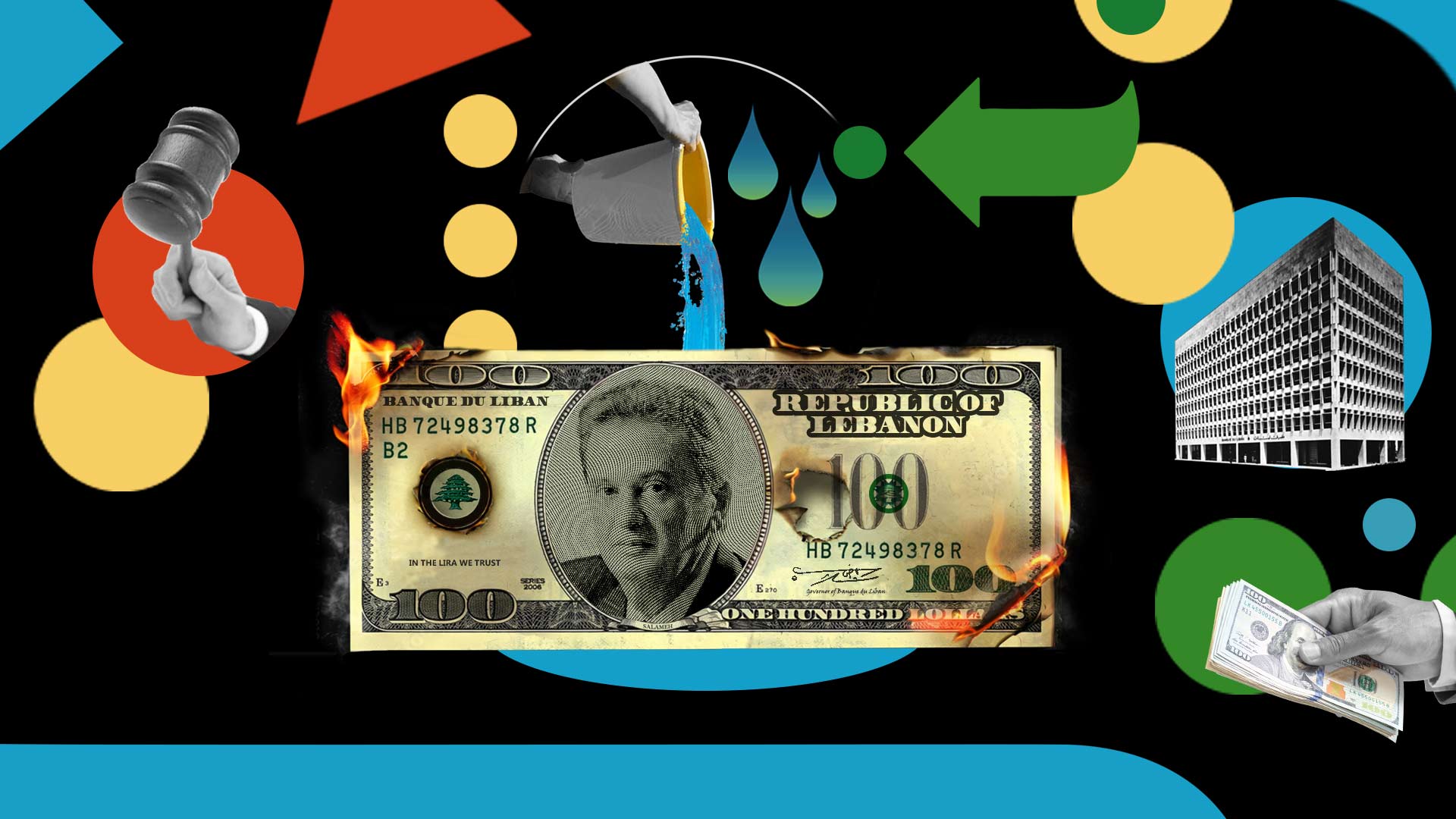
Reckless profiteering and the banking sector’s insolvency demand a bold deposit recovery plan to restore financial integrity in Lebanon.

On the 80th anniversary of Lebanon’s independence, Paris must end its foreign policy of cultivating Lebanese political factionalism.
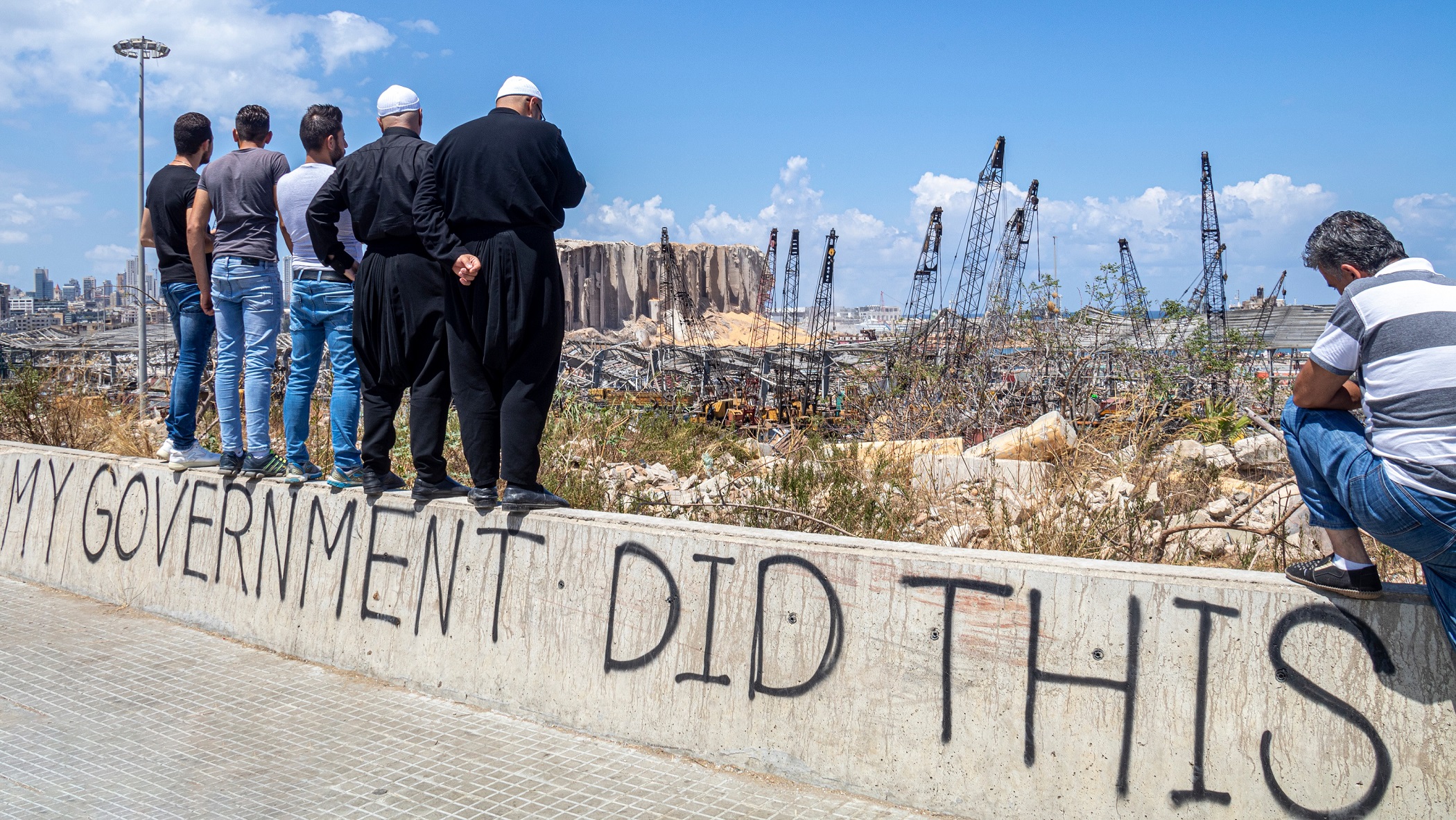
Only coordinated US and EU sanctions may prevent Lebanese leaders from driving the country into the void.

Ending the anonymity surrounding bank ownership and management is the first step towards accountability for Lebanon’s financial crisis.
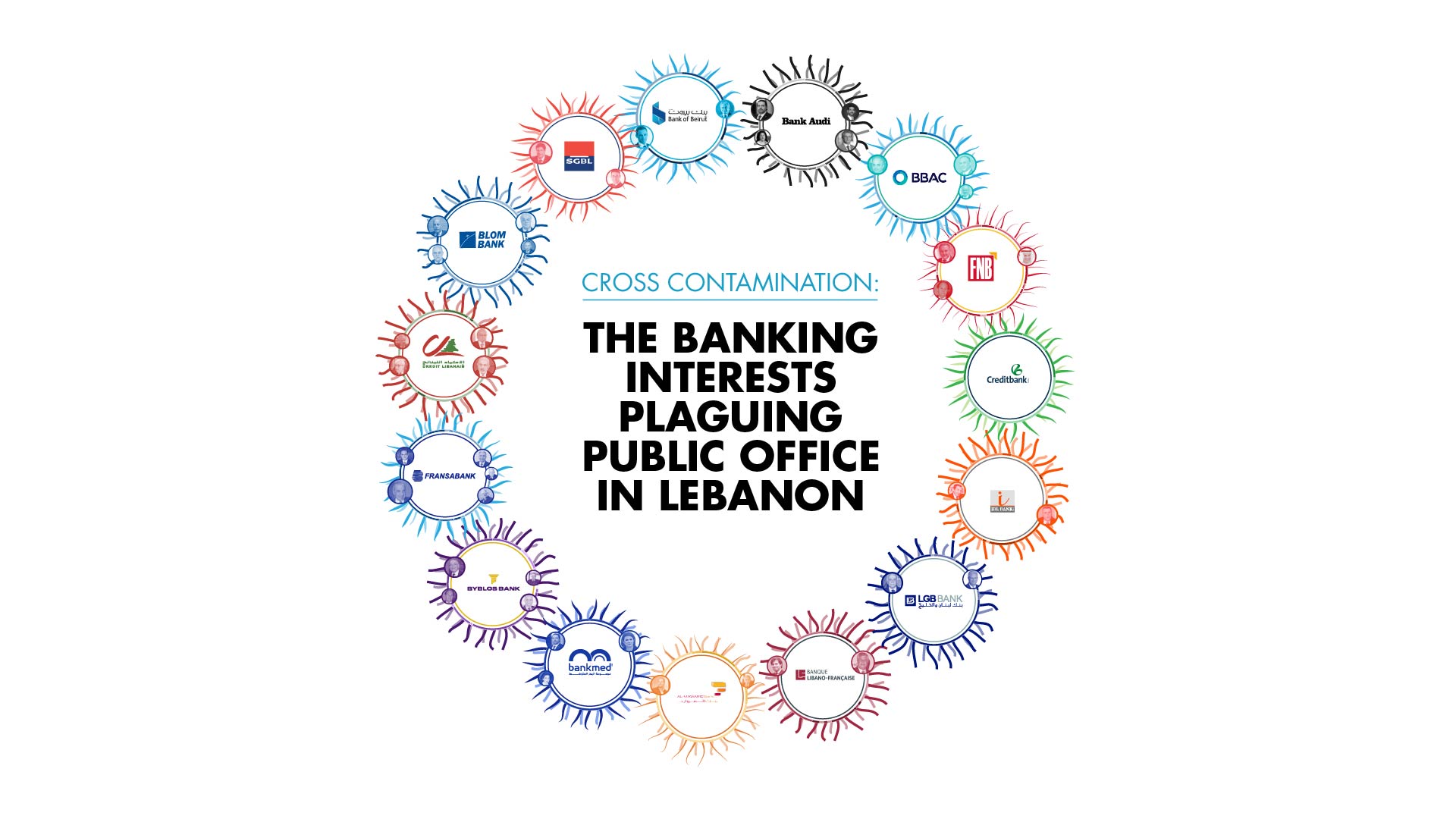
The Alternative’s investigation of Lebanon’s banking sector reveals conflicts of interest behind the country’s financial and political masters

Addressing Lebanon’s banking turmoil through lirafication debates, accountability for large deposits, clawbacks, bankruptcy laws, and potential conflicts of interest in governance.
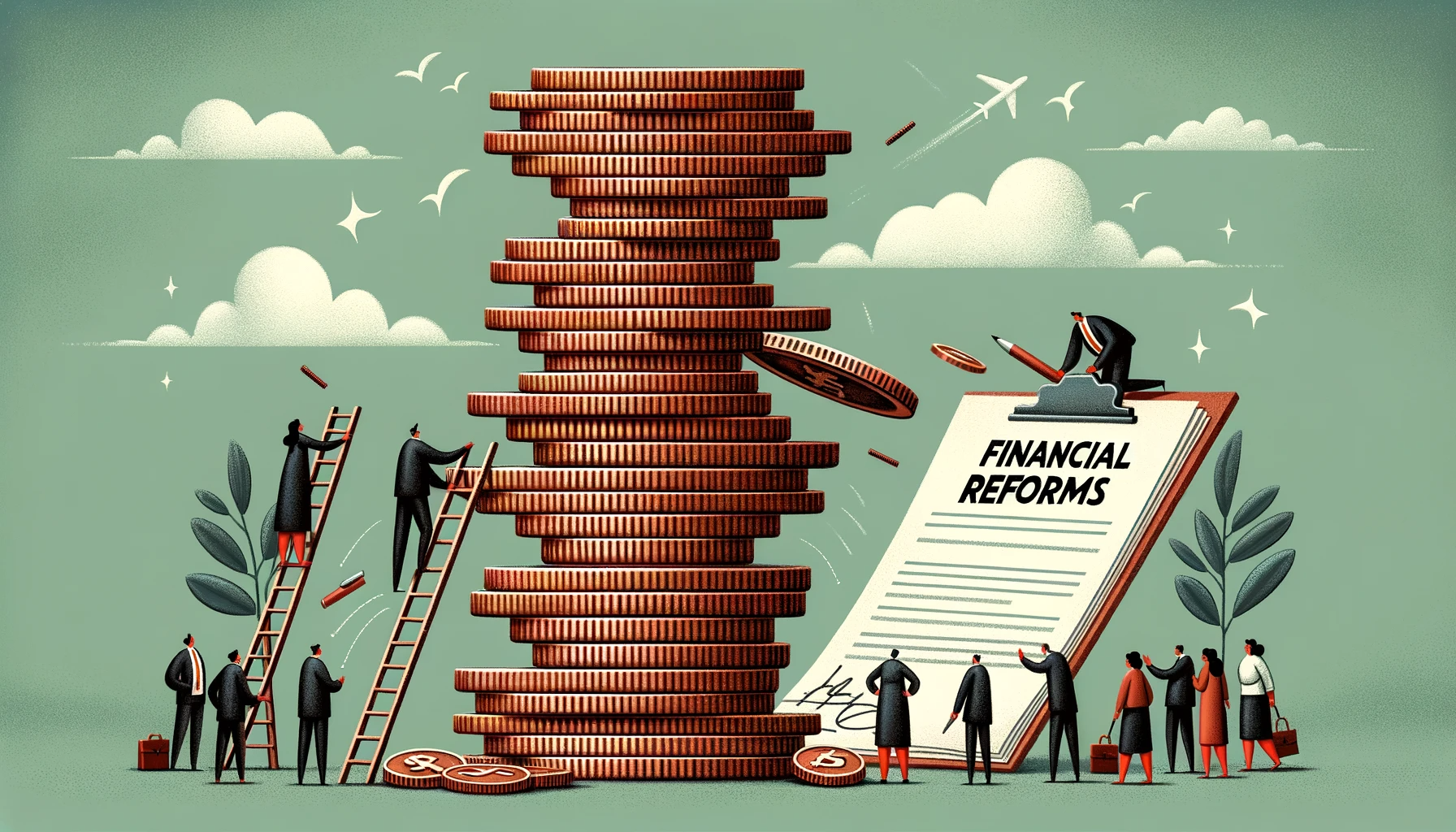
The Financial Recovery Plan appears to solve Lebanon’s financial crisis, but a closer look reveals it’s a tool to preserve elite interests at the expense of depositors’ savings.
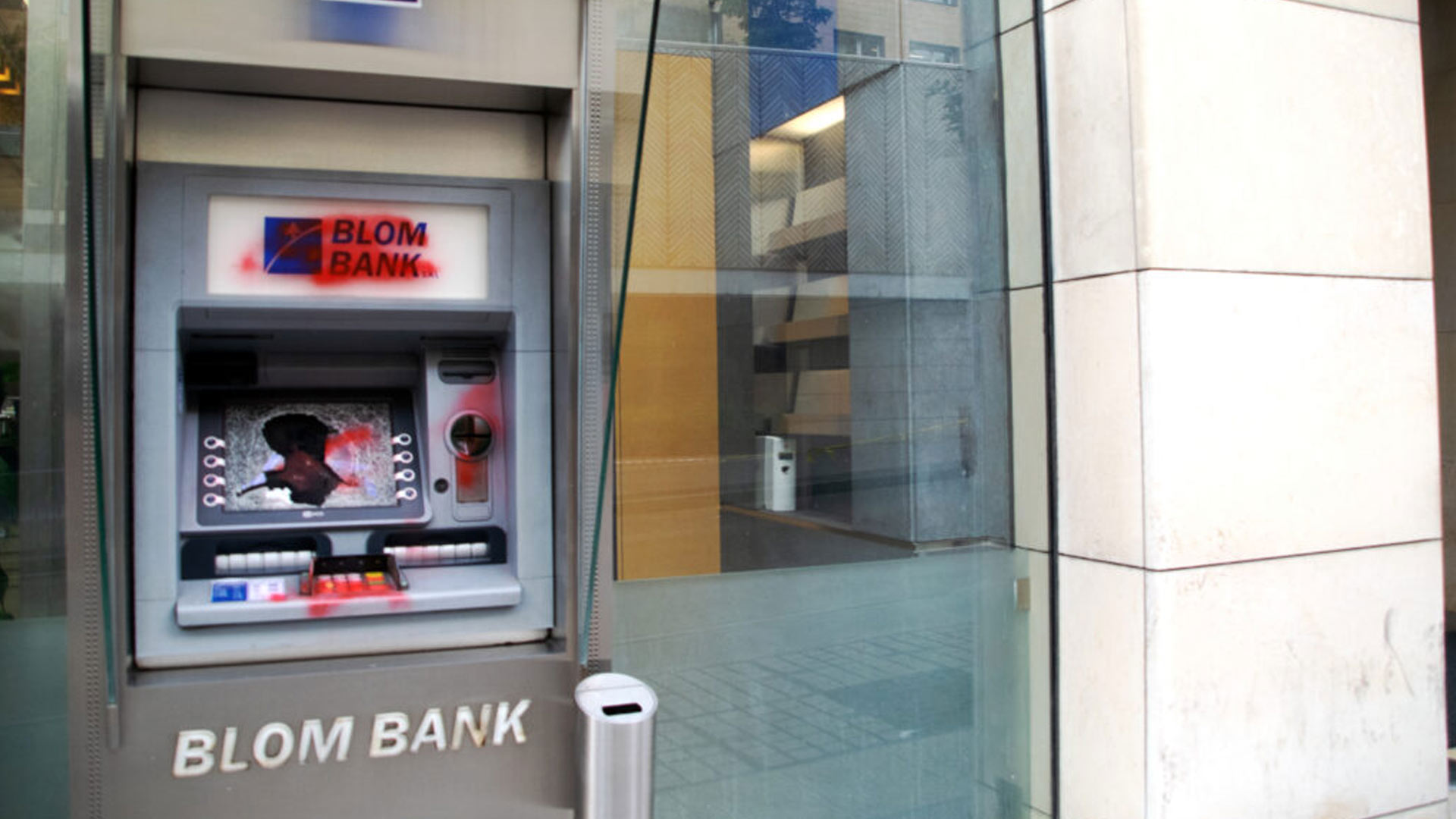
Lebanon’s bank hold ups are the result of lawlessness created by banks, not desperate depositors.

Lebanon’s updated banking secrecy law is progressing towards reform, yet riddled with ambiguities and potential for power abuse.
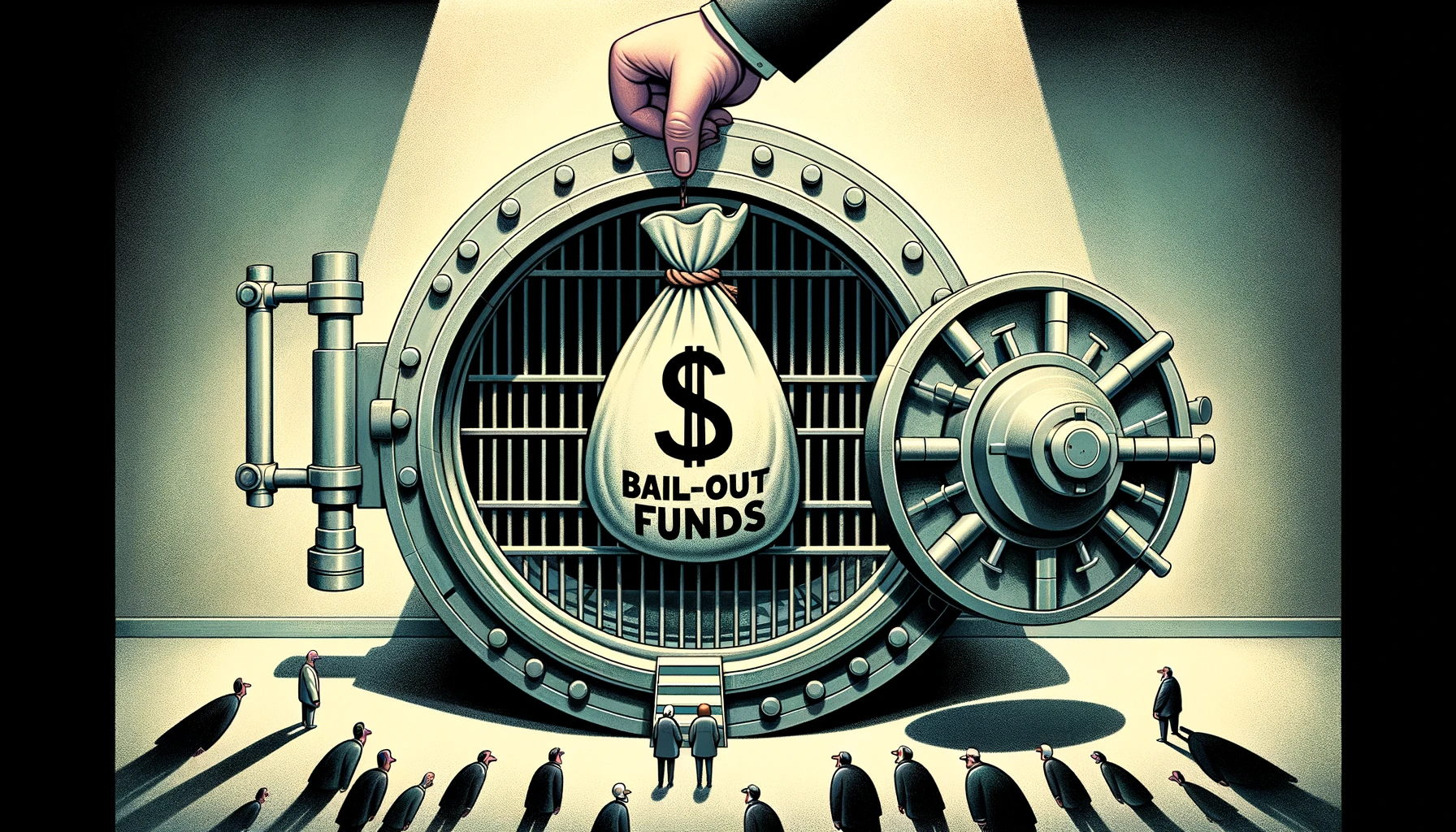
Lebanon must transition from a depositor-funded bail-out to a just bail-in, holding those responsible for the financial crisis accountable and ensuring fair loss distribution through international standards and local laws.
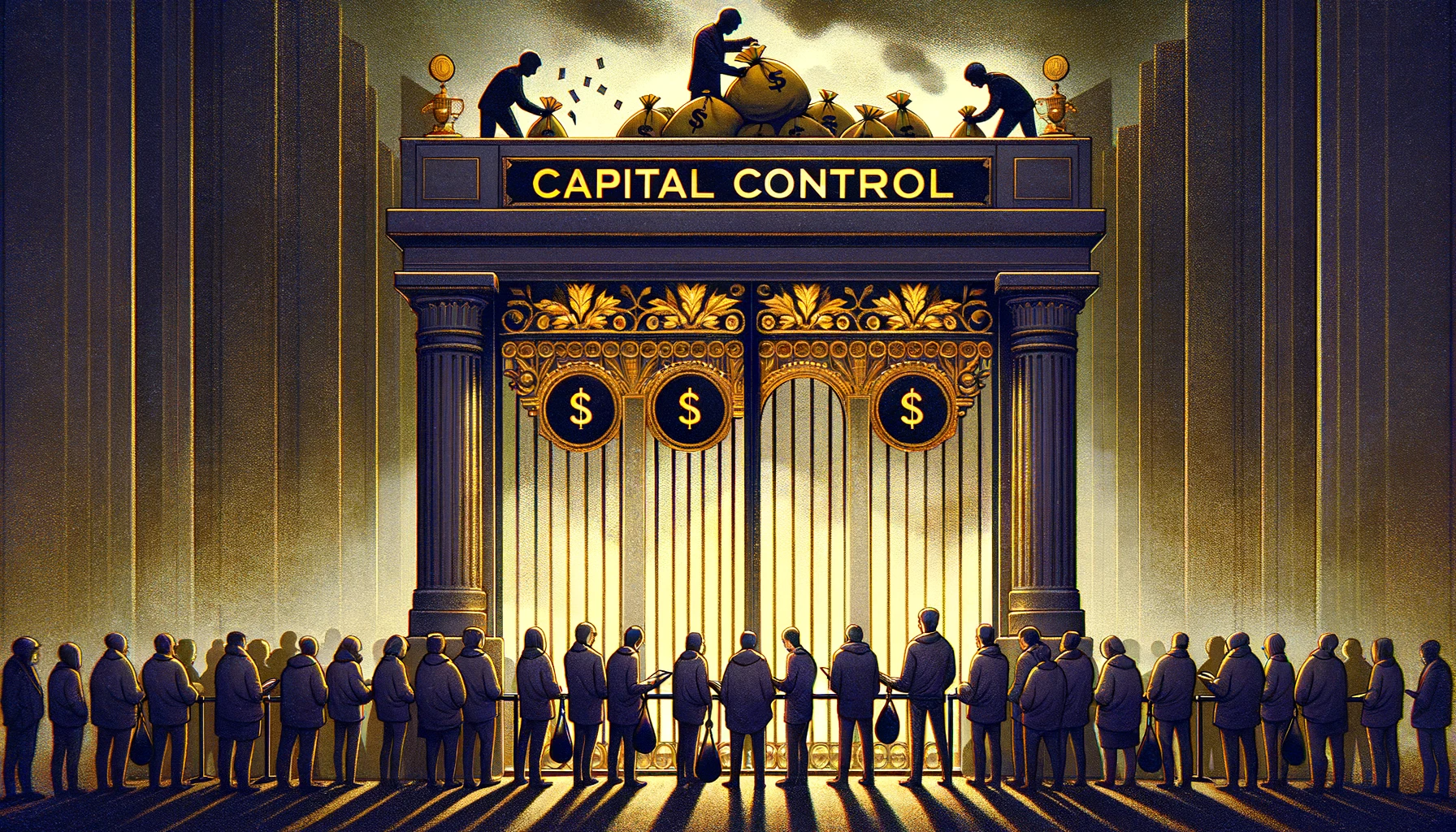
Lebanon’s capital control proposal risks entrenching financial corruption by granting banks undue amnesty and empowering a politically biased committee.

Legal loopholes and self-interested gatekeepers will likely prevent justice from running its course

Tensions rise as Lebanon hypes non-existent “plan” to return 15,000 Syrians per month

Accountability For The Beirut Blast Is A Necessary Step Towards Closing Lebanon’s Open Wounds

An investigation by Badil reveals previously unknown details of Lebanon’s Eurobond default and how the banking sector manipulated it to facilitate billions of dollars in foreign transfers.
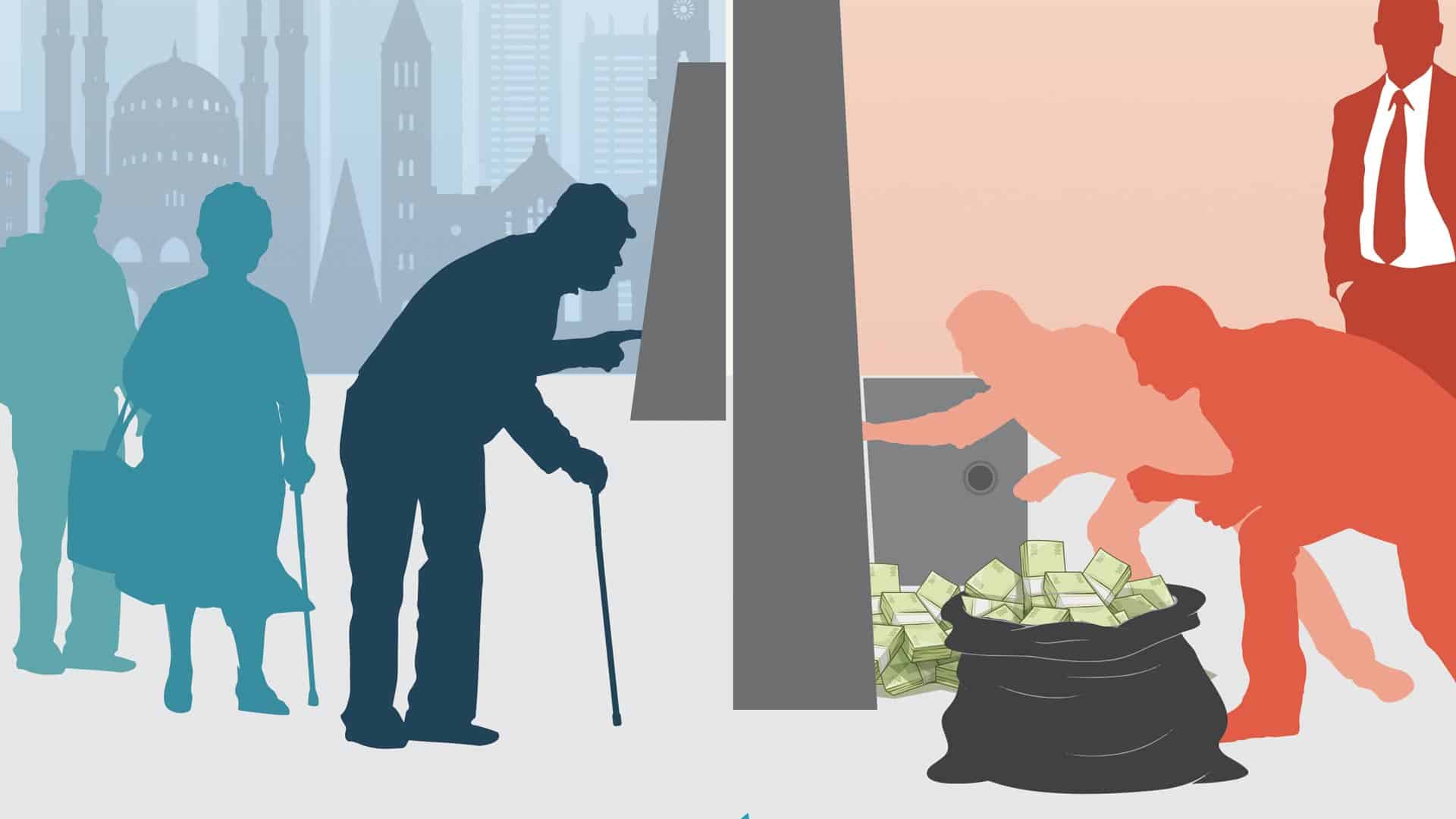
The urgent need to salvage and reform worker’s retirement schemes.

Exploring financial crimes in Lebanon, depositors’ pursuit of justice, the BDS campaign against banking elites, and the challenges of money recovery.

Pathways for Lebanese depositors to force bankers towards a fair deal.
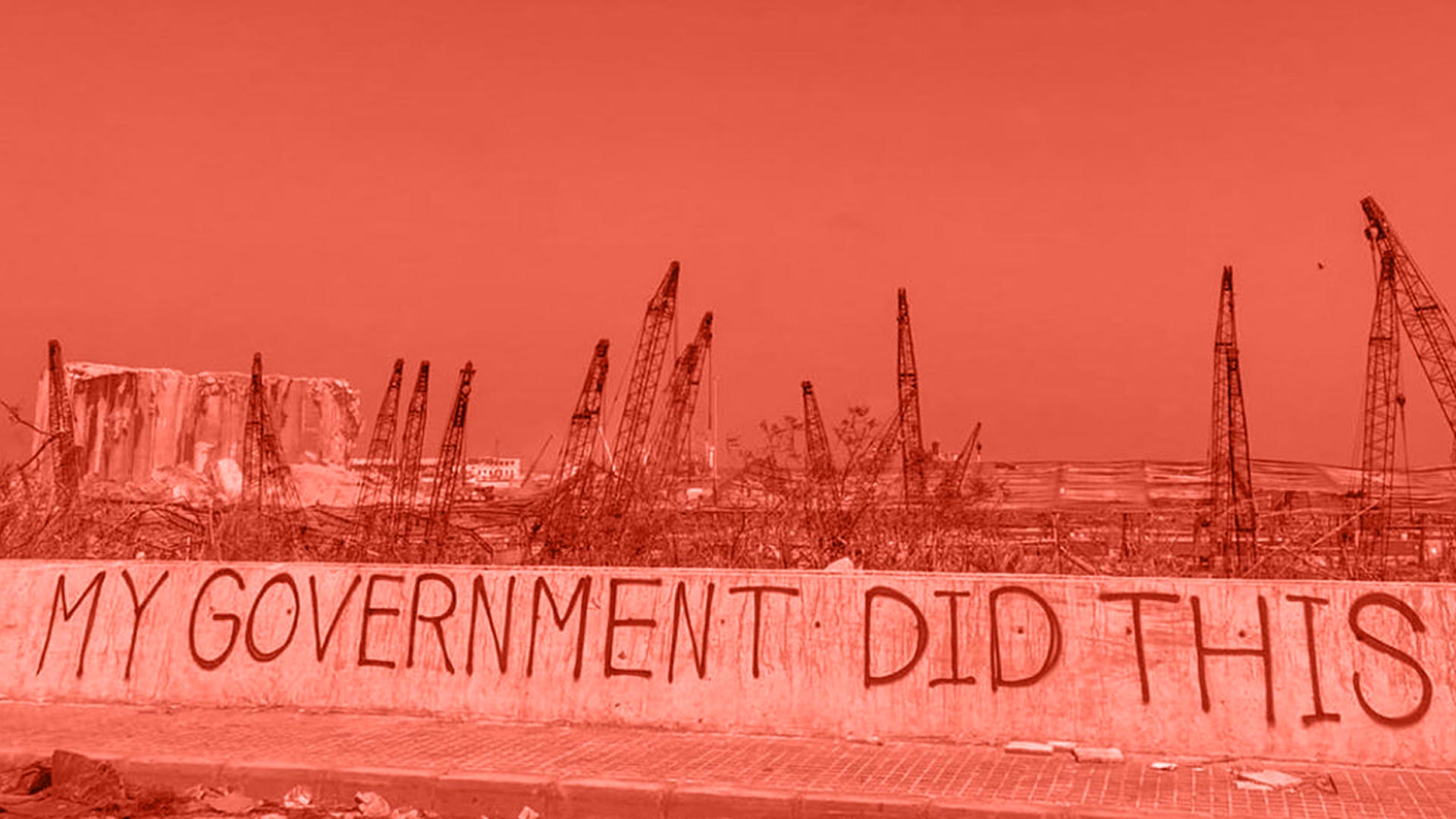
Sanctions and principled aid can pull Lebanon back from the abyss – but only by targeting the banking sector and carefully monitoring the state’s role in aid distribution

Understanding Lebanon’s compromised judiciary, the challenges to judicial independence, and the impact on human rights, using two case studies: freedom from torture and the right to own property.

How a clandestine plan is forcing the Lebanese people to pay for a banking crisis created by elites.

How Lebanon’s prisoners are abused and exploited as tools to perpetuate clientelism.

Holding those in power to account will be no simple task, given Lebanon’s notorious culture of impunity in the construction sector.

How credit unions can bring more accountability to Lebanese finance.
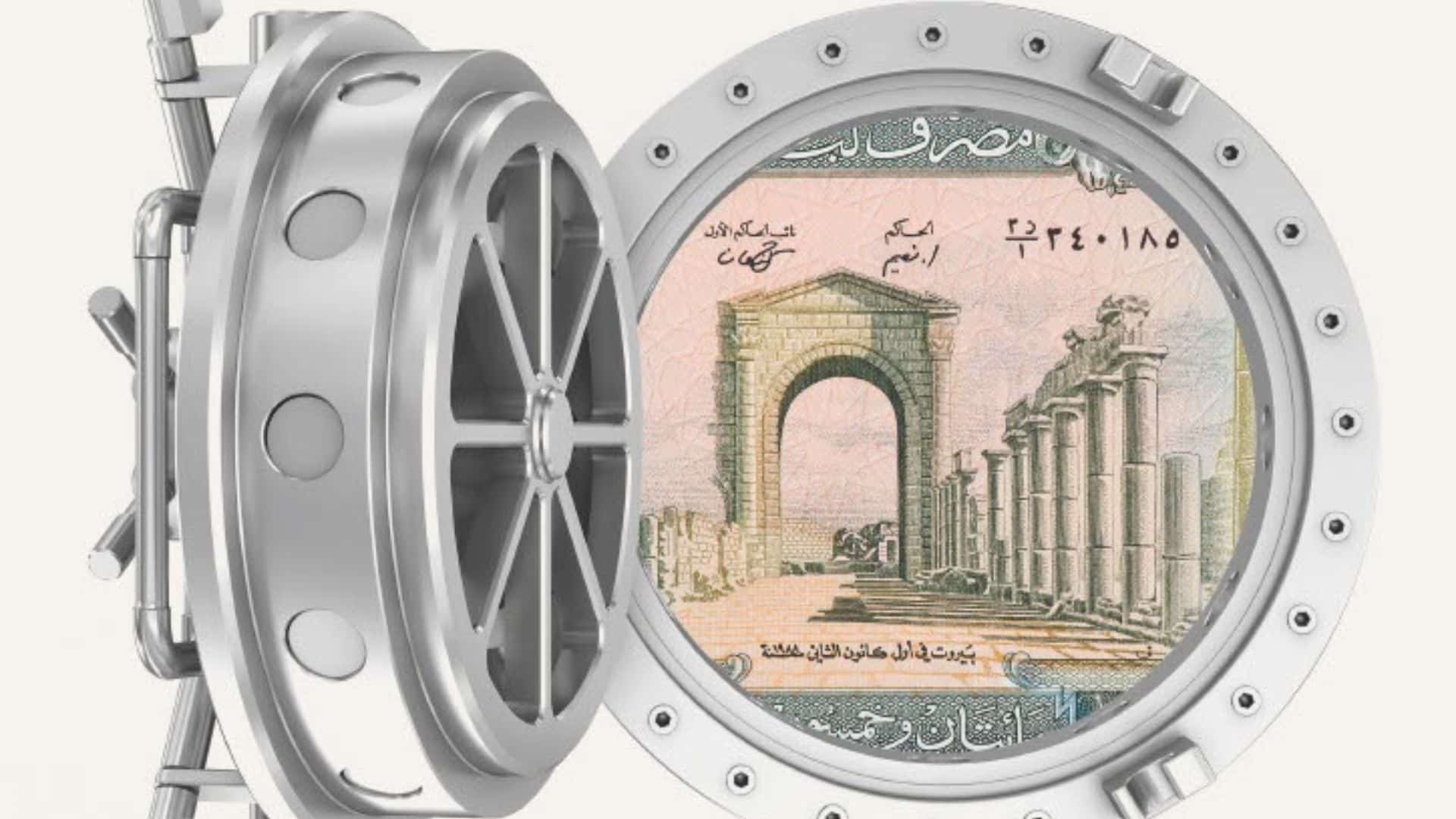
How Lebanon’s banking secrecy laws facilitate tax dodging and harm the national economy.